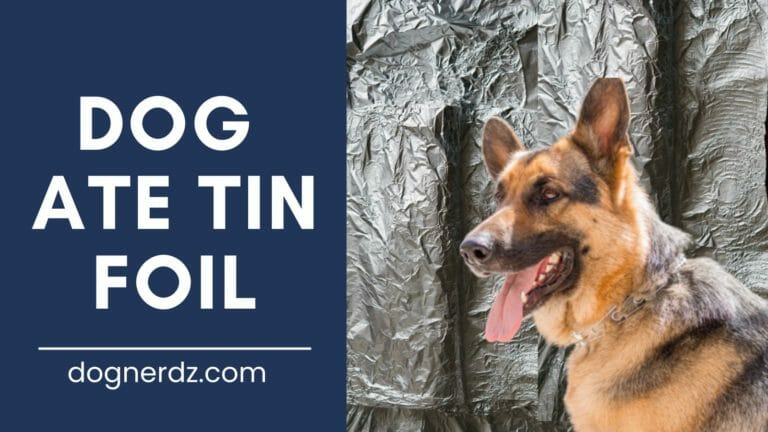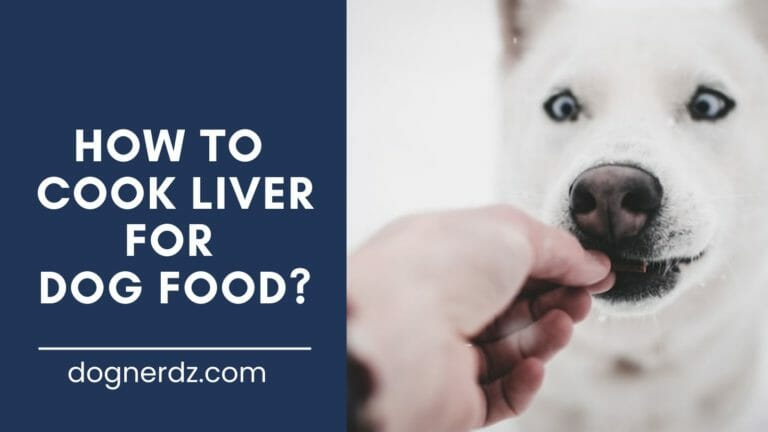Can Dogs Have Vinegar? What’s the Truth About Vinegar and Dogs?
Table of Contents
Can dogs have vinegar? The truth is there’s no one straight answer. It all boils down to what type of vinegar it is or your dog’s reaction to taking vinegar. The best possible answer we can give you is vinegar given in small amounts can have numerous health benefits to your dog’s health, but too much of it can be dangerous.
Vinegar is a common household item that has many uses and benefits. It’s one of the most accessible ingredients in every household. You can use it as a natural household cleaner for disinfecting cookware, toilets, laundry, tiles, and more. Another use of vinegar is for pet hair care.
Needless to say, this simple component that can be found in every home solves many problems at once. But, let’s focus on what really matters to dog owners. Is vinegar safe for dog consumption? If yes, what are its nutritional benefits?
We Think You’ll Like: Best Organic Dog Food
How Much Vinegar Can Dogs Have

Including vinegar in your dog’s diet is safe as long as fed in moderation or in very small amounts. Again, in very small amounts. This is important because giving too much vinegar to your dog will likely induce vomiting or diarrhea and cause upset stomach or digestive problems.
Anything more than a teaspoon of vinegar is not recommended if you want an exact measurement. It’s better to give your dog less than a teaspoon of vinegar to stay on the safer side.
A gentle reminder. Consult your pooch’s vet first and get their approval to see if it’s okay to include vinegar in their diet. Also, it’s not guaranteed that your dog will like the taste or even the smell of vinegar. So pay attention first to your dog’s reaction by letting them smell the vinegar, and if they don’t scoff in disgust, that’s a good sign to proceed.
We Think You’ll Like: Can Dogs Eat Calamari?
Benefits of Vinegar to Your Dog

The unfiltered apple cider vinegar is the best and safest kind of vinegar for canines. If you’re looking for reasons to give apple cider vinegar to your beloved fur baby, here’s a list of the benefits of consuming vinegar for dogs.
- Boosts your dog’s immune system
- Helps balance your dog’s pH levels
- Detoxifies internal organs like the bladder, kidney, or liver
- Promotes weight loss and nutrient absorption
- Prevents or resolves digestive issues like constipation or diarrhea
- Contains anti-inflammatory properties that can help relieve muscle pain
Other benefits of vinegar if applied topically include:
- Treat ear or skin infections
- Promote a healthy and shiny coat
- Prevents itchy, scaly, or dry skin
- Remove coat stains
We Think You’ll Like: Best Wet Dog Foods
Risks of Vinegar for Dogs

Still, even apple cider vinegar comes with risks when consumed by your dog. Dogs can develop an allergic reaction to apple cider or white vinegar. Meanwhile, dogs with kidney diseases will not do well with vinegar because of its acidity, which can further worsen their condition.
According to Dr. Cailin Heinze, VMD, MS, DACVN, there are not enough scientific data to prove the benefits of apple cider vinegar. And so it’s understandable for fur parents to have second thoughts about giving vinegar to their furry friends.
Is There Any Type of Vinegar That Is Bad for Dogs?

Never on any occasion give undiluted or concentrated vinegar to dogs. This can result in several issues, from an upset stomach to vomiting, diarrhea, and potentially dehydration.
Not all dogs can tolerate vinegar, especially dogs with kidney problems or sensitive stomachs. Consider your puppy’s overall condition first before giving them vinegar.
How to Feed Vinegar to Dogs

The only way to safely give vinegar to your dog is by mixing a teaspoon of vinegar into their large bowl of water, dog food, or treats.
We Think You’ll Like: Can Dogs Drink Coconut Water?
Can Dogs Have Salt and Vinegar Chips?

Yes, dogs can eat salt and vinegar chips, but only moderately. One chip or two is likely safe for them and I would stop there. Chips usually contain a high amount of sodium and vinegar and too much of it is not good for your puppy’s health.
Can Dogs Eat Balsamic Vinegar?

No, balsamic vinegar can be dangerous or toxic to your dog, especially if consumed in large amounts. Balsamic vinegar is made from grape must, and grapes are considered one of the most toxic ingredients for dogs.
Conclusion
Can dogs eat vinegar? My final thought to this question is it depends on the dog! Some dogs can eat vinegar in small amounts. At the same time, some have less tolerance for it for reasons like kidney disease or sensitive stomachs. Vinegar can offer nutritional benefits to dogs if given in the appropriate amount, which is a teaspoon or less. It’s also noteworthy that vinegar should always be diluted or mixed with your dog’s water or food to avoid giving them a concentrated amount.







